This website uses cookies so that we can provide you with the best user experience possible. Cookie information is stored in your browser and performs functions such as recognising you when you return to our website and helping our team to understand which sections of the website you find most interesting and useful.
Balta
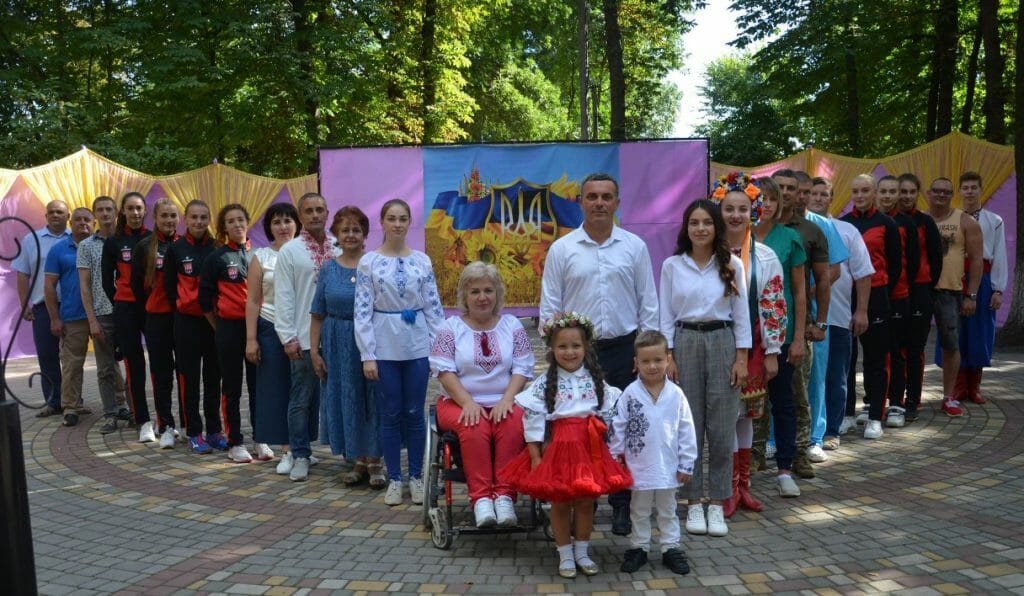
Population: 34,117 people (2021).
Men: 15,88
Women: 18,230
Children aged under 18: 7,272
People of retirement age: 8,730
Persons with disabilities: 902
Internally displaced persons: 2,092
History
In ancient times, there was no settlement in these wild lands.
At the beginning of the 18th century, the Poles decided to strengthen their border with the Ottoman Empire. In 1738, Prince Józef Lubomirski began the construction of a fortress town on the left side of the Kodyma River, which he named Józefgrad in his honour. The Turks, in turn, decided to build a town on the right side of Kodyma in opposition to the Polish one. This town was called Balta – which is translated as an “ax”.
So, the town was at the crossroads of the Catholic and Muslim worlds. In 1791, after the partition of Poland and Russia’s capture of the Ottoman lands of southern Ukraine, Józefgrad and Balta became part of the Russian Empire, and the towns were united into one called Balta in 1797.
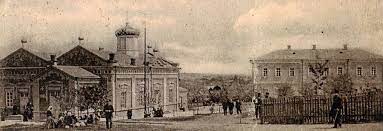
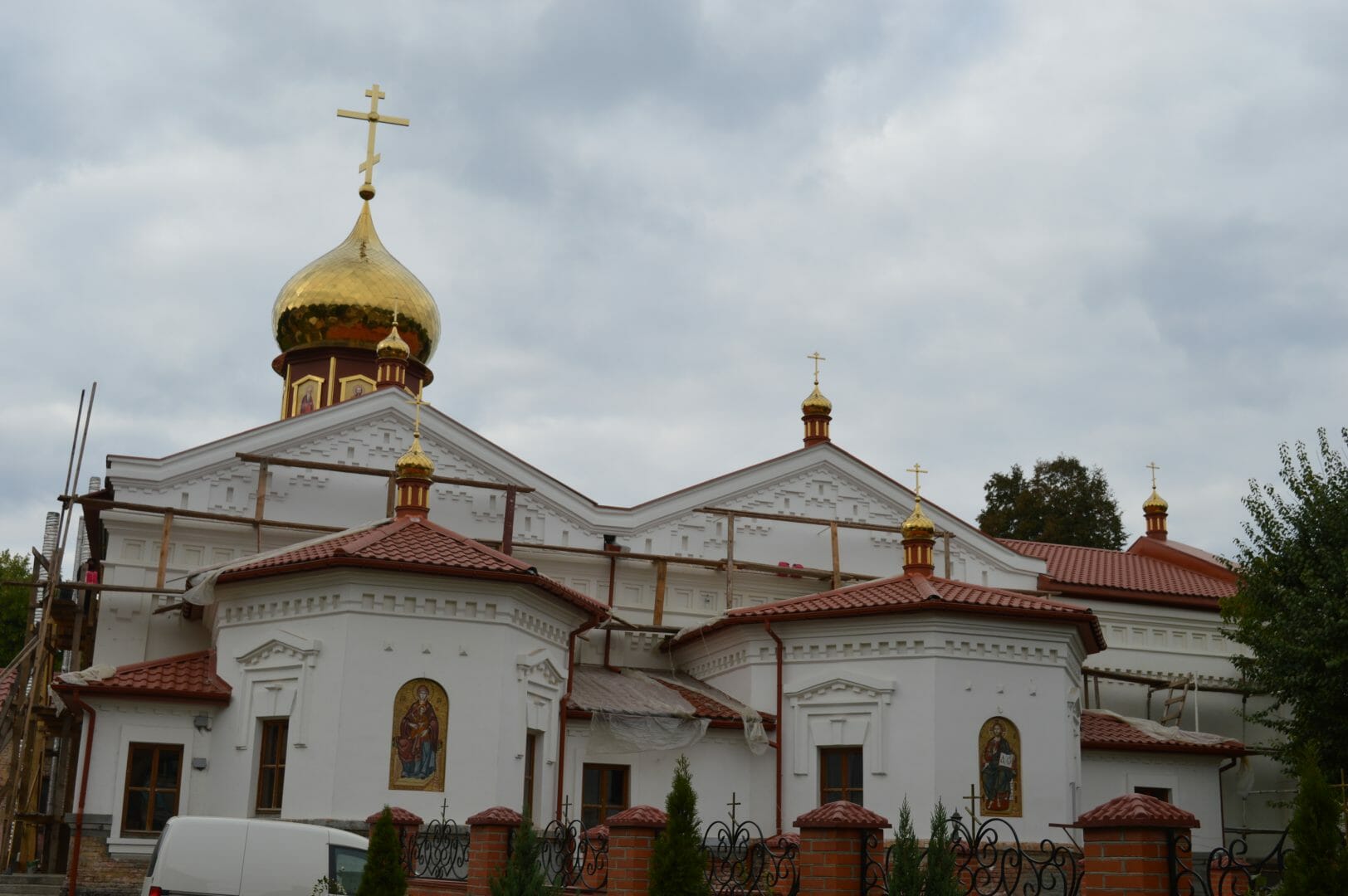
Balta-Feodisiya Intercession Men’s Monastery. Photos provided by the community
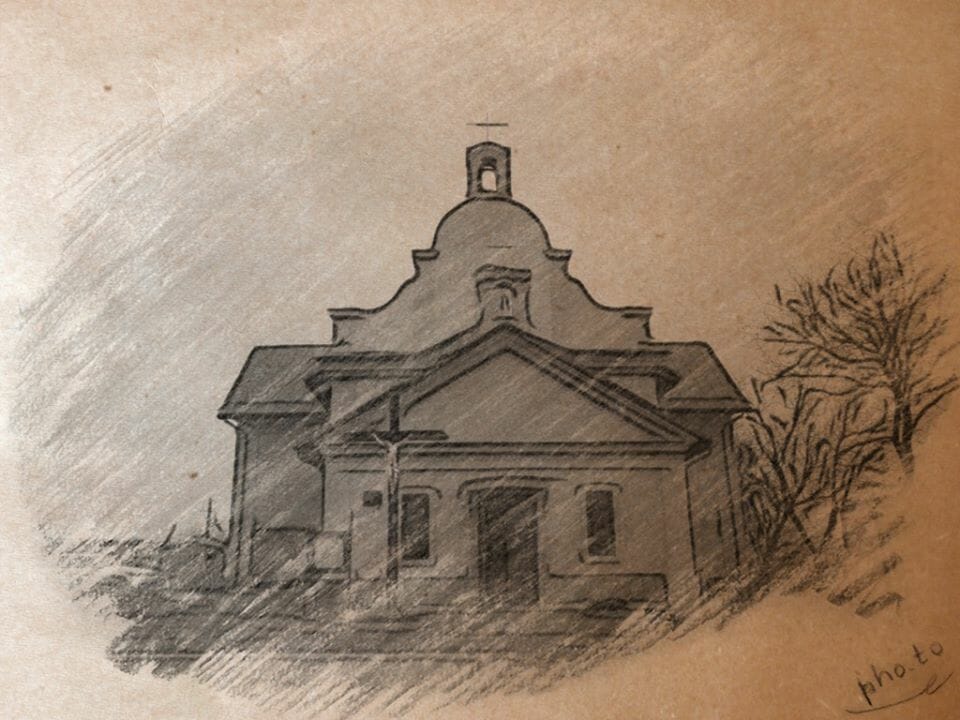
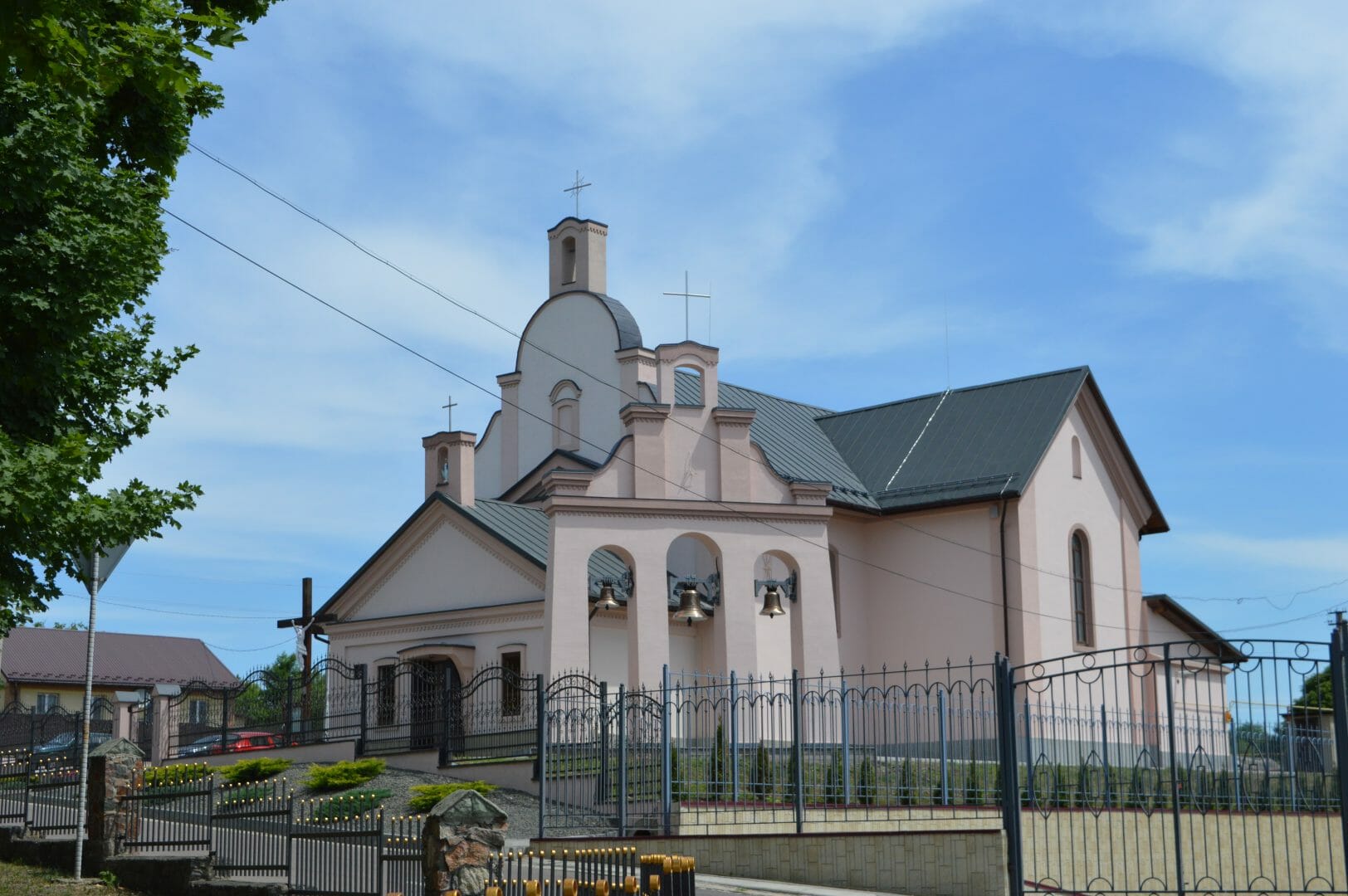
Roman Catholic Church of St. Stanislaus in Balta. Photos provided by the community
Under the town, an extensive system of underground passages, similar to those in Kraków, has been preserved to this day. The underground passages used to connect different parts of the town, and according to legend, they even passed under the river.
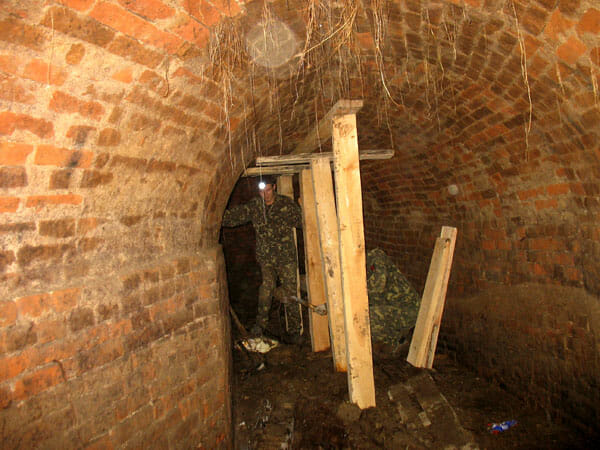
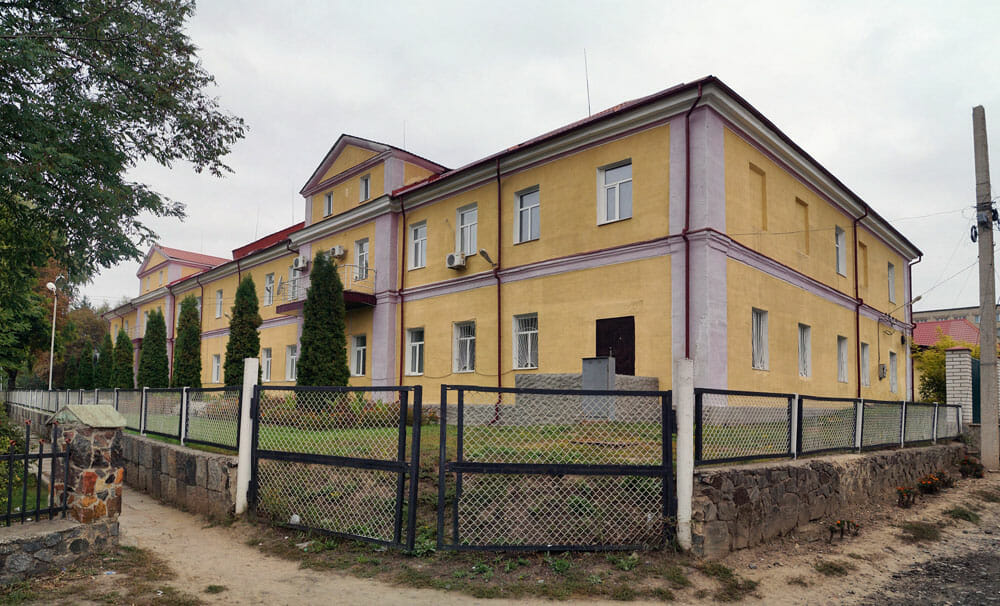
In the 19th century, the town turned into a leading trade centre of southern Ukraine. As a result, a large Jewish community settled here. In 1900, out of 23,000 inhabitants of Balta, 13,000 were Jews. Today, the Jewish heritage is still preserved in the town – a synagogue, residential buildings and a large kirkut have been reconstructed.
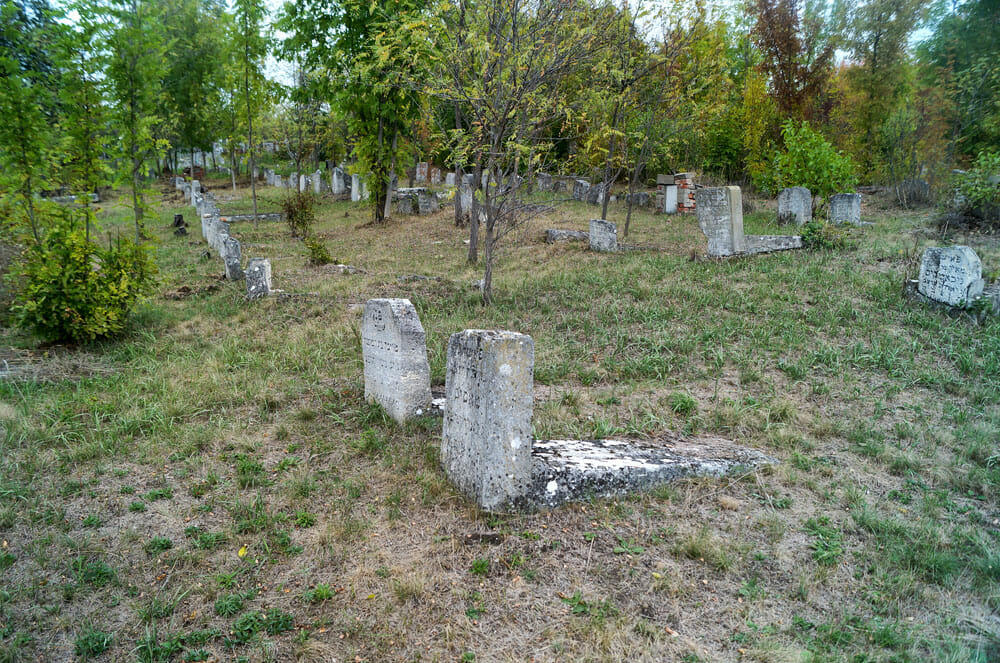
Economy
Balta’s economy is focused on agriculture and small business. It is these branches of the economy that are most vulnerable to the consequences of military aggression.
Here, about 46.9 thousand hectares of land are used in agriculture, where orchards occupy an area of about 1,000 hectares and are in need of renewal. The cultivation of nuts (almonds, hazelnuts) begins to develop actively. Also, there are enterprises specializing in harvesting and storing grain in the community.
In the community, the manufacturing industries include the sewing industry, the production of agricultural equipment, and the food industry (bakery). Agricultural equipment and sewing products are actively exported abroad.
The community is interested in the further development of the processing industry, the development of horticulture and vegetable growing, animal husbandry, as well as alternative energy and tourism.
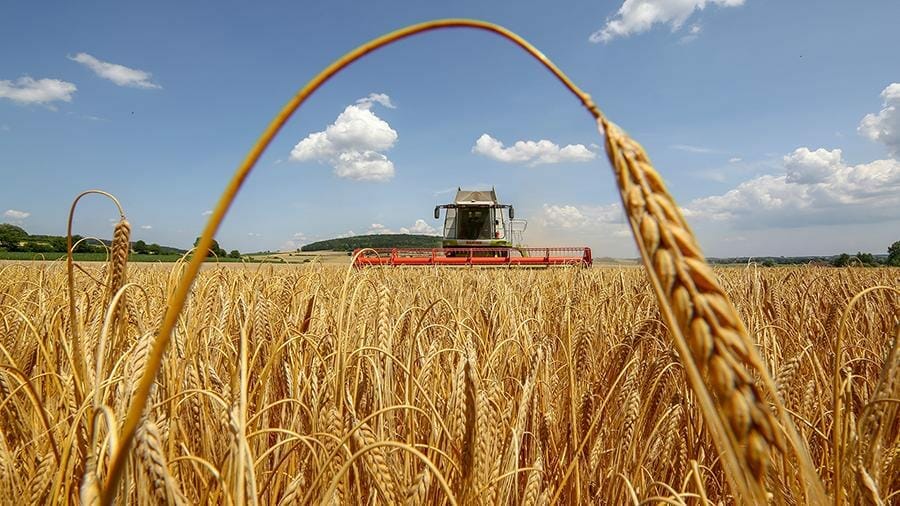
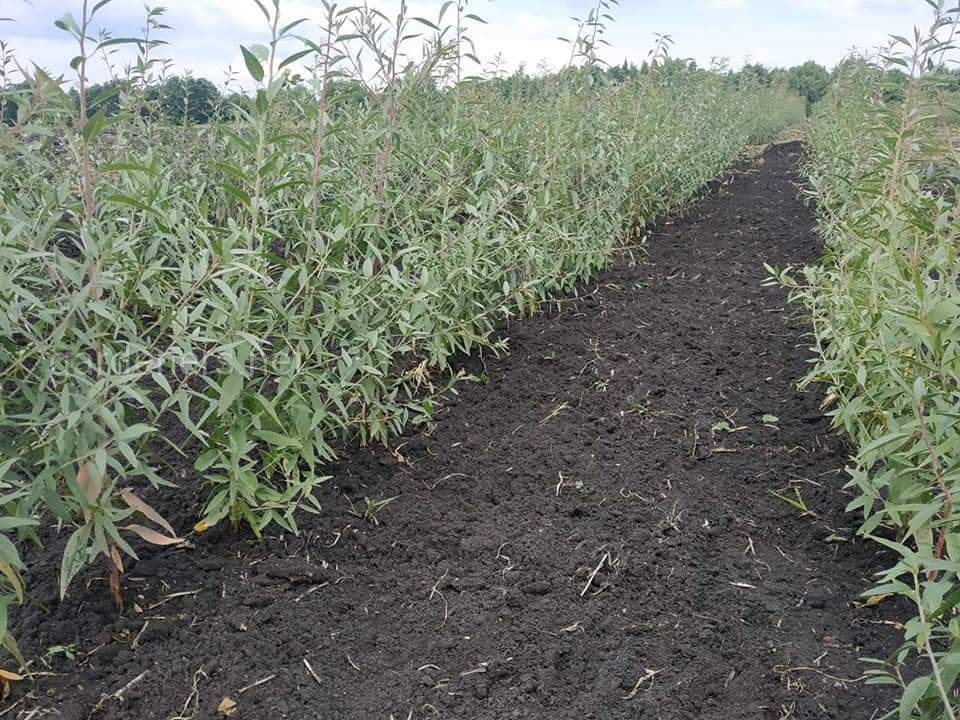
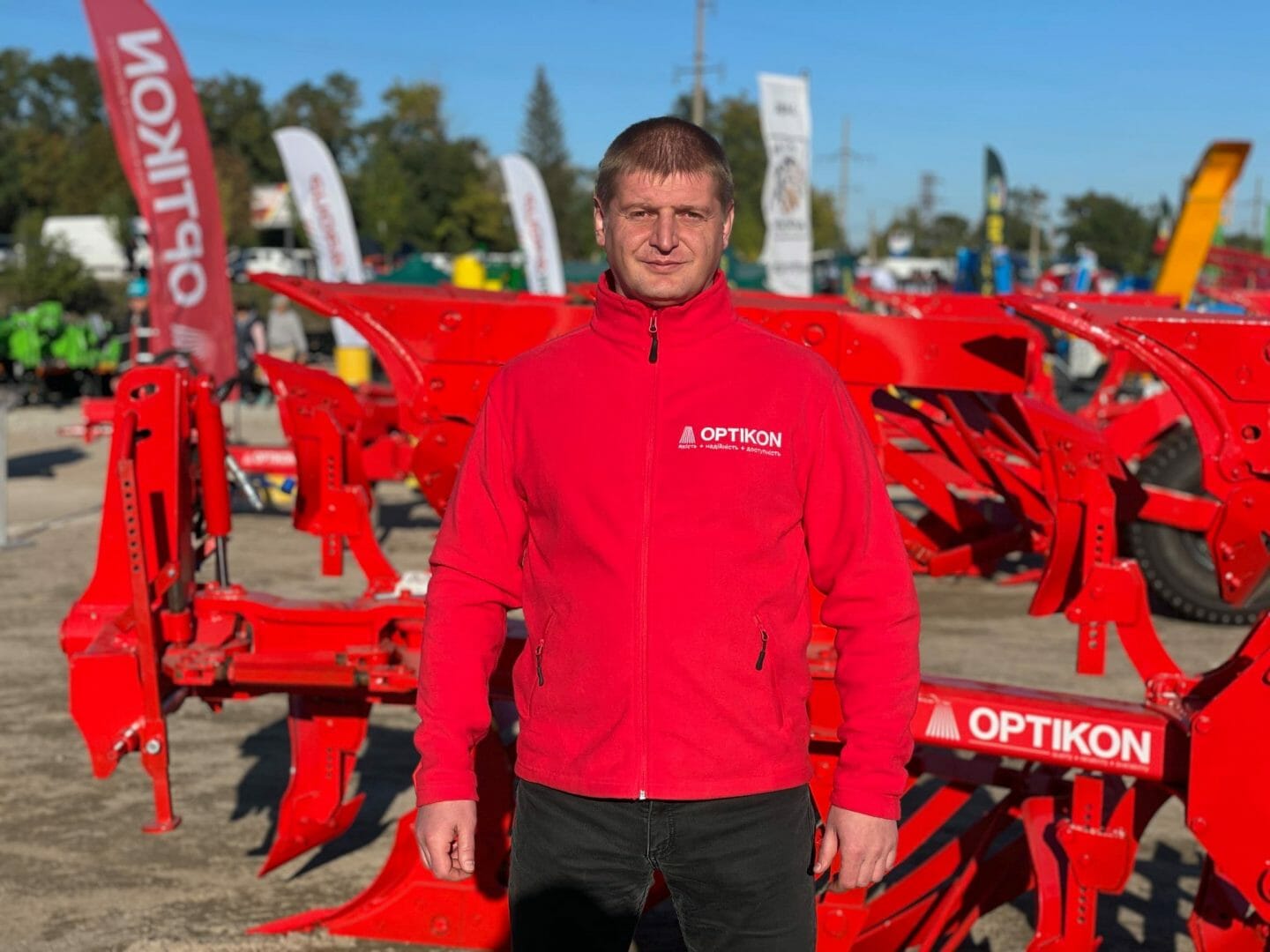
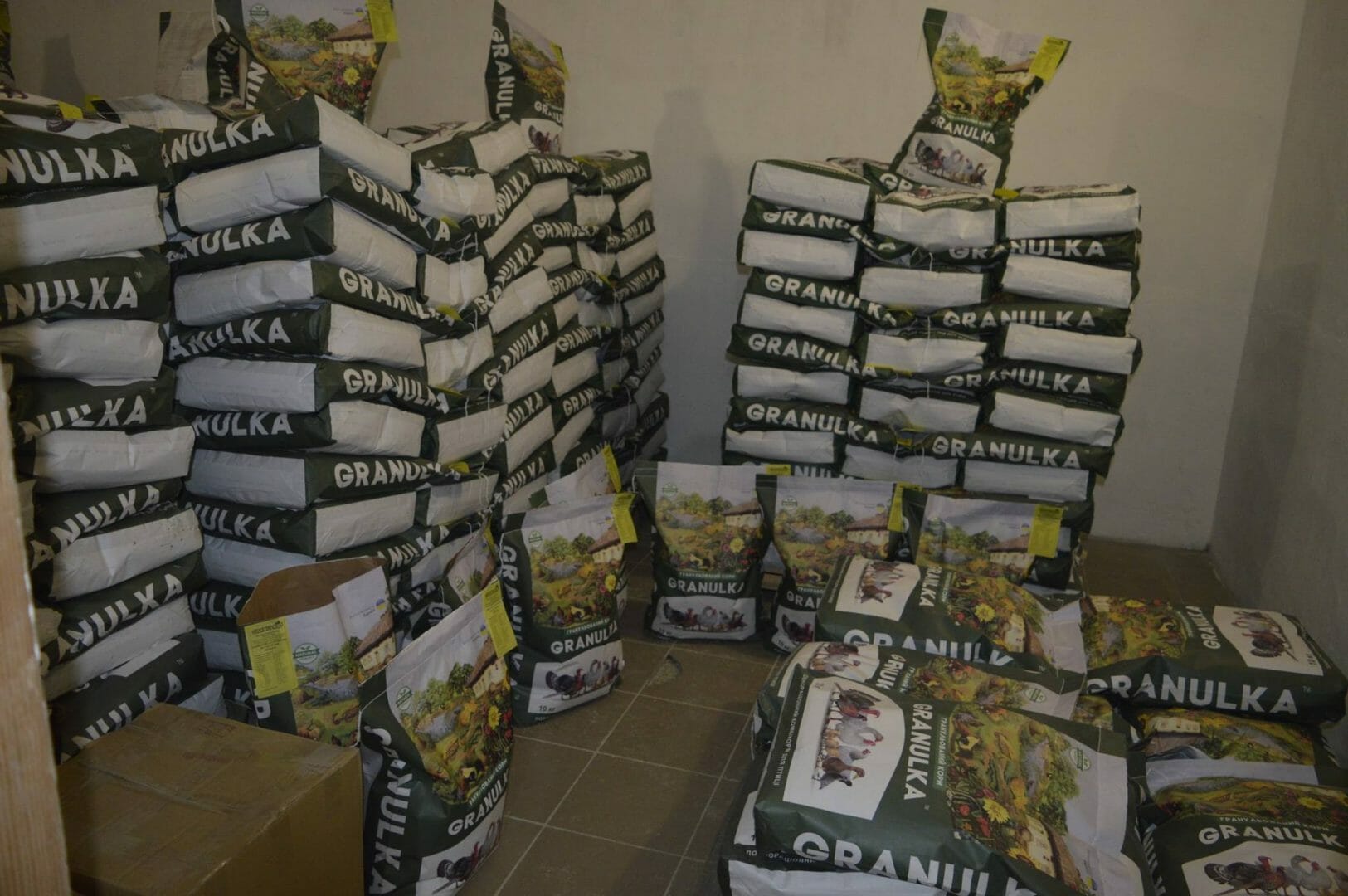
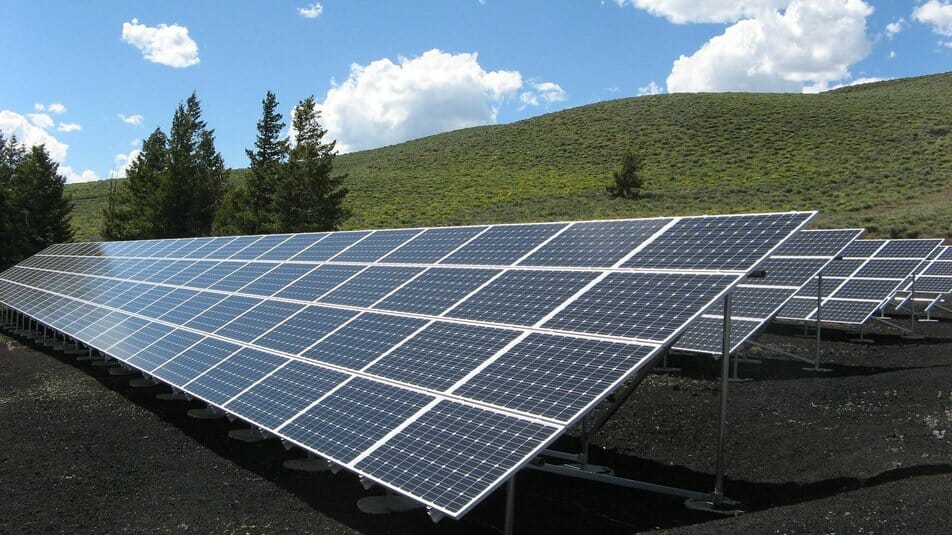
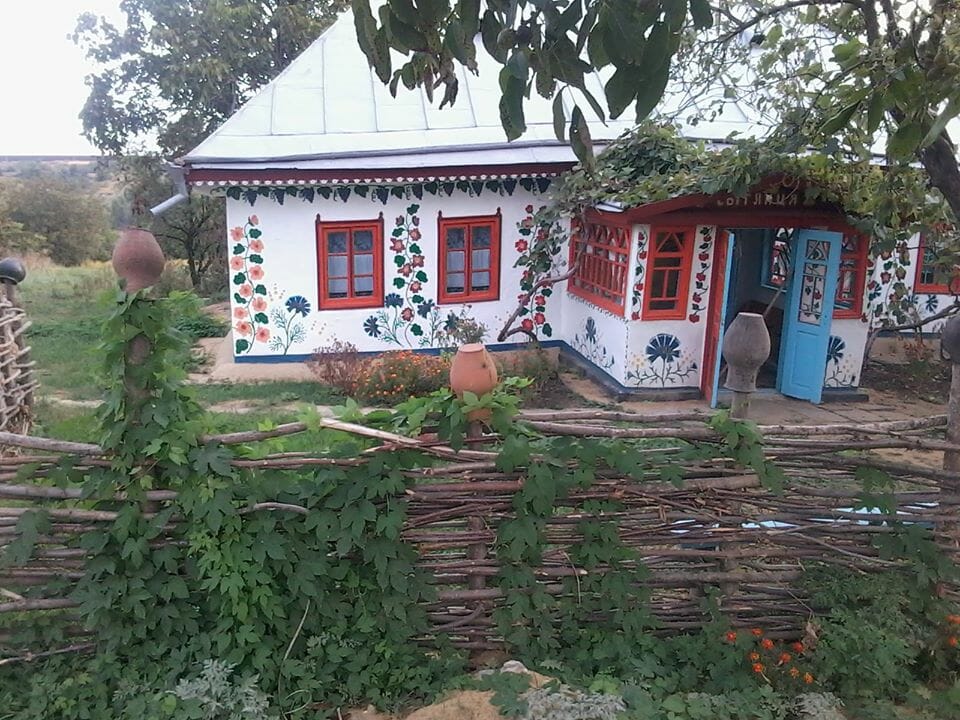
Education
High-quality secondary education is an important priority for the community. The Balta Pedagogical Professional College is successfully operating on the territory of the community. Here, teachers for local schools are trained. Also, a new educational hub, the Centre for Professional Development of Teachers, has been created here to develop modern educational technologies. Educational spaces in preschool education institutions and schools are being actively renovated. New approaches and teaching methods are successfully implemented by teachers of the Ladushki Early Childhood Development Centre. Besides, there is an inclusive resource centre.
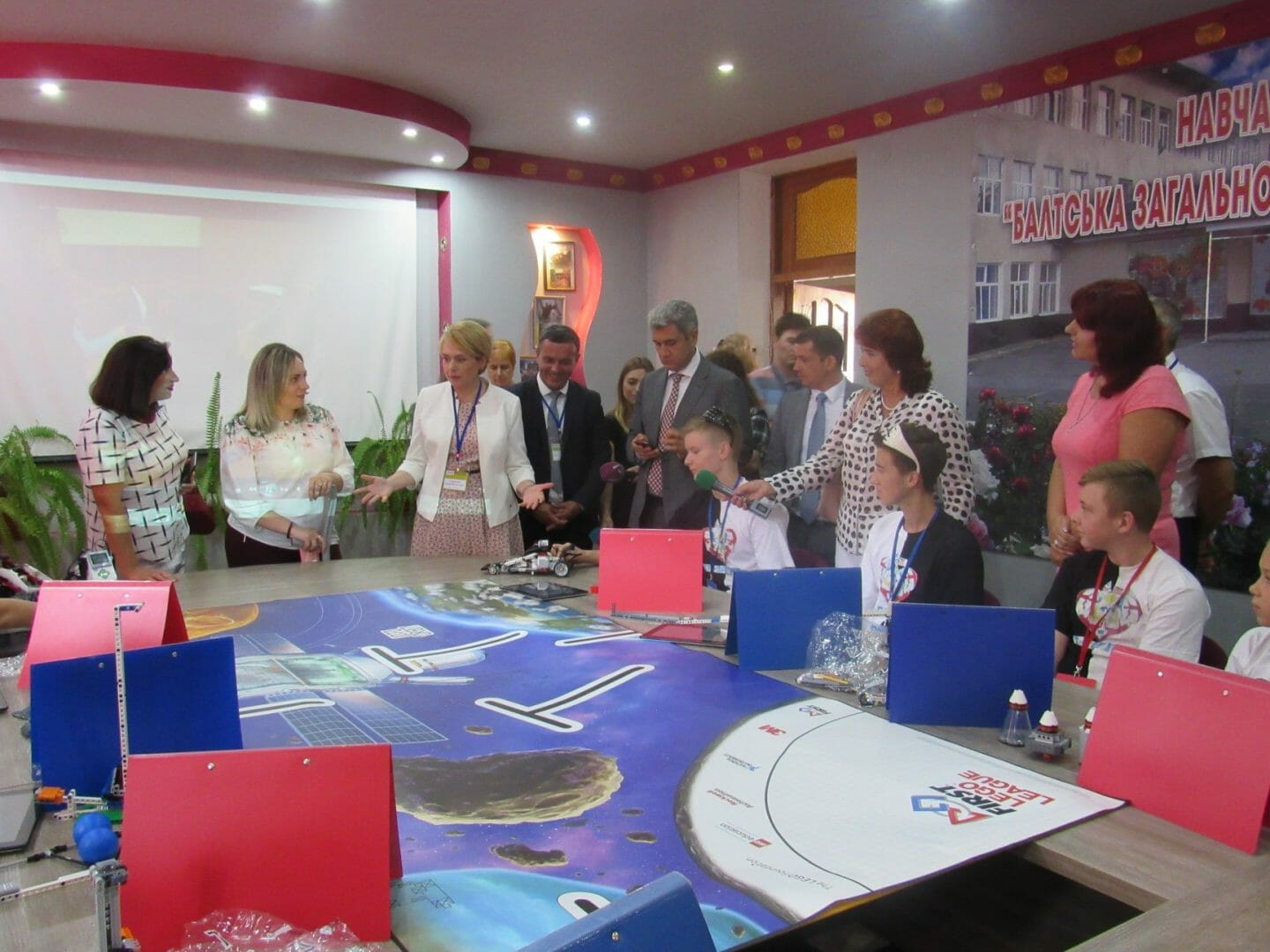
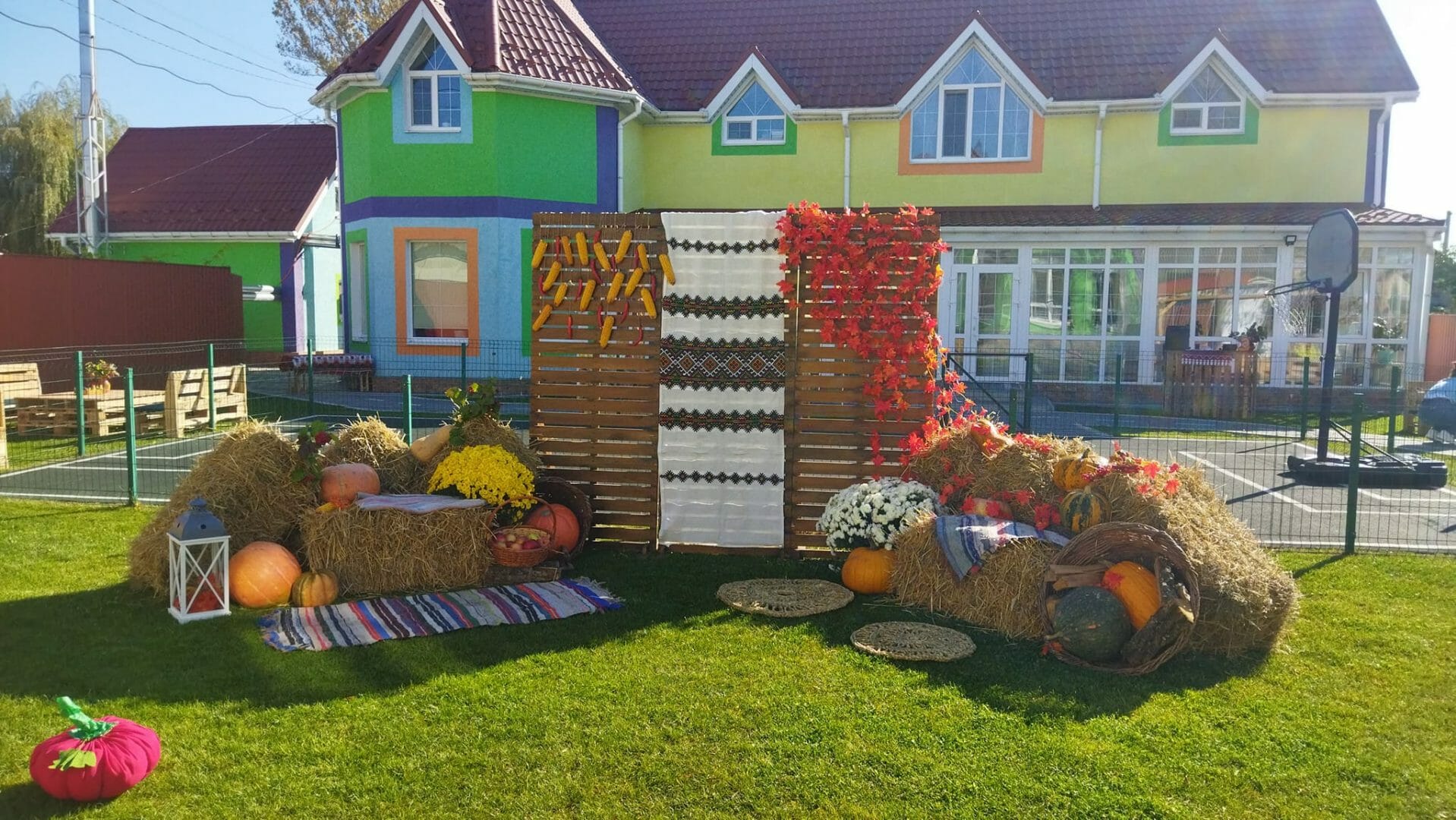
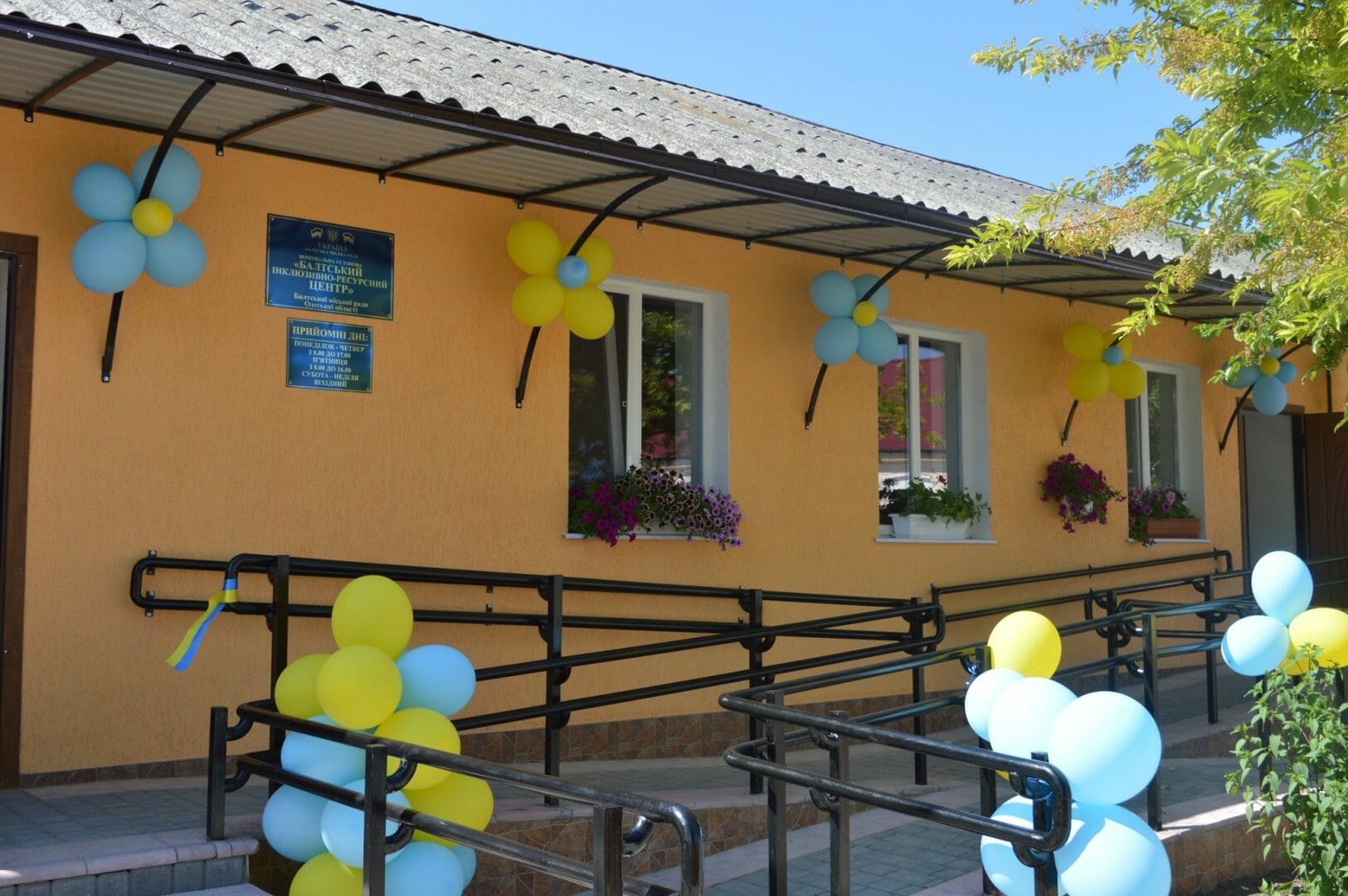
Sports
Here, there is a modern sports complex which houses a municipal non-commercial enterprise Sports Club Balta. It unites professional trainers and students of sports schools specialising in various sports. The club’s initial project was a colossal success. The women’s volleyball team of SC Balta successfully made its way from the lowest divisions of the championship of Ukraine that received gold awards to the Professional Volleyball League (Super League). No wonder, that the development of high-achieving sports was followed by the formation of sports classes on the basis of the town school. Progressive athletes in different sports have an individual plan of training and classes and grow in the same favourable environment.
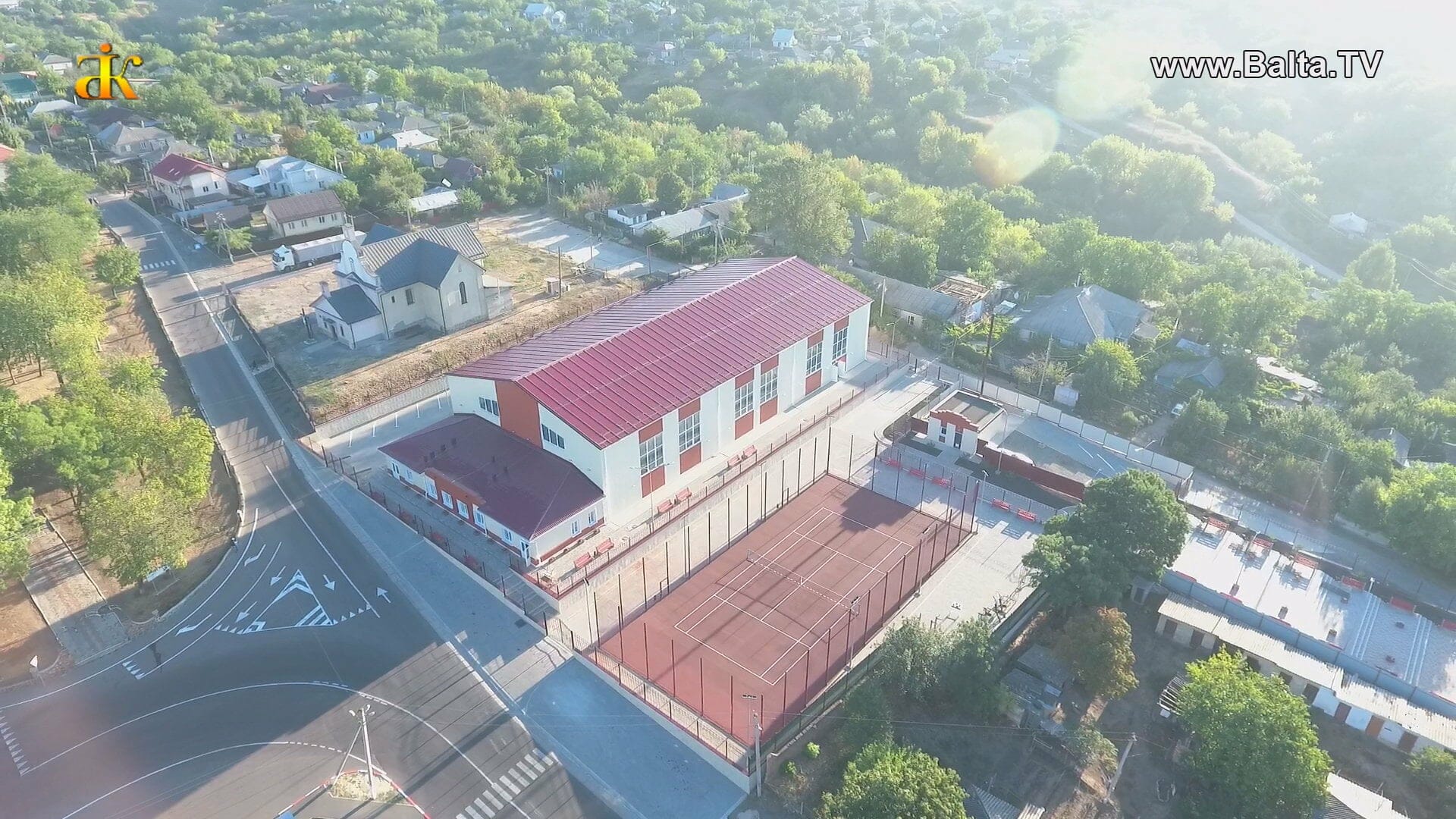
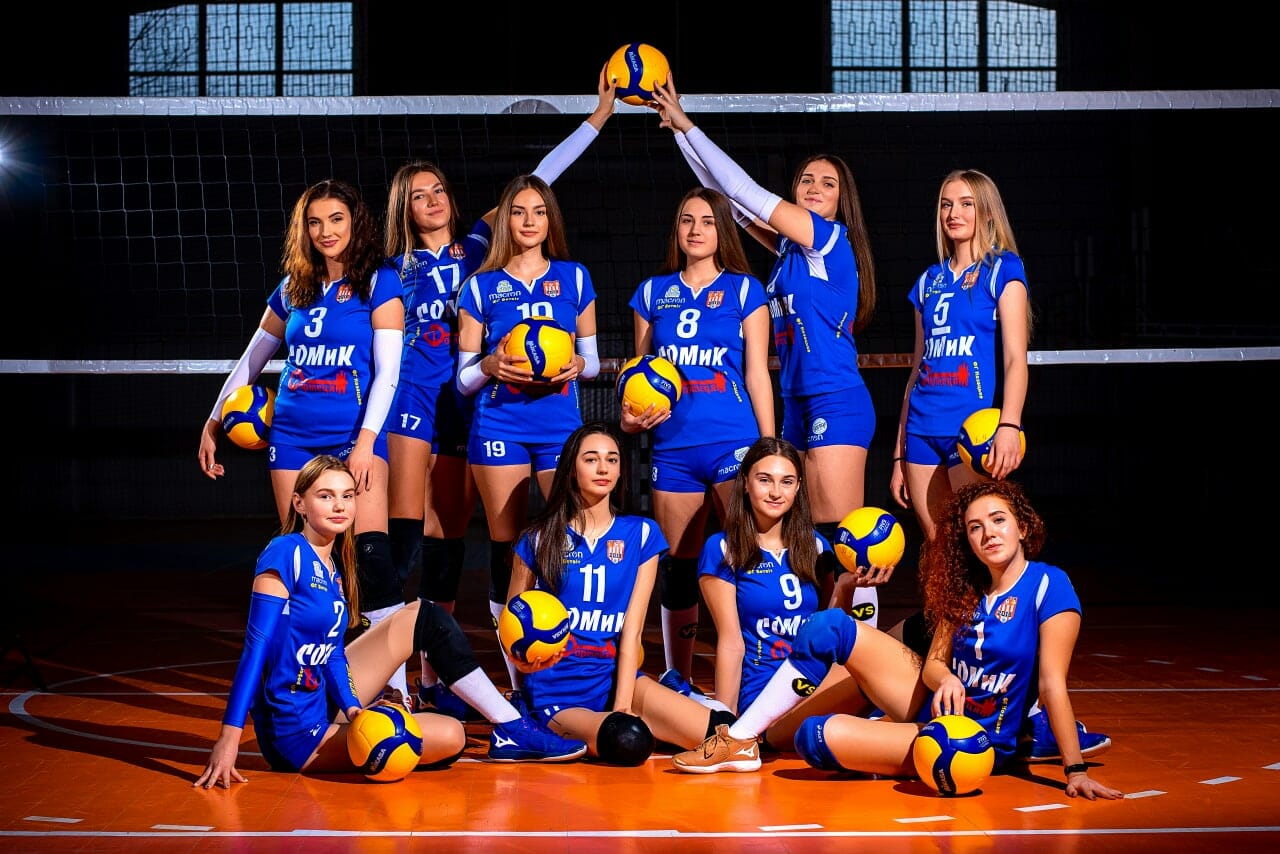
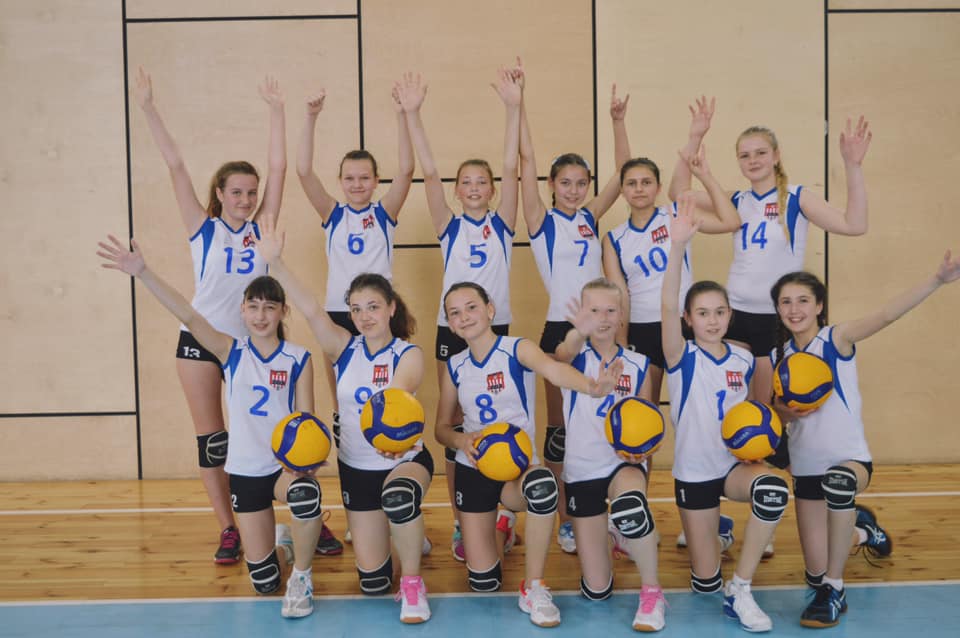
Culture
Under favourable conditions, many cultural projects and full-scale events are implemented in the community both on the basis of a modern multiplex and in other locations. Here, they hold unique annual artistic plein airs, attended by artists that represent various painting schools and styles. The geography of the artists is impressive, but they all dedicate their artwork pieces to Balta. The public library is a centre of culture and comprehensive harmonious development of the individual.
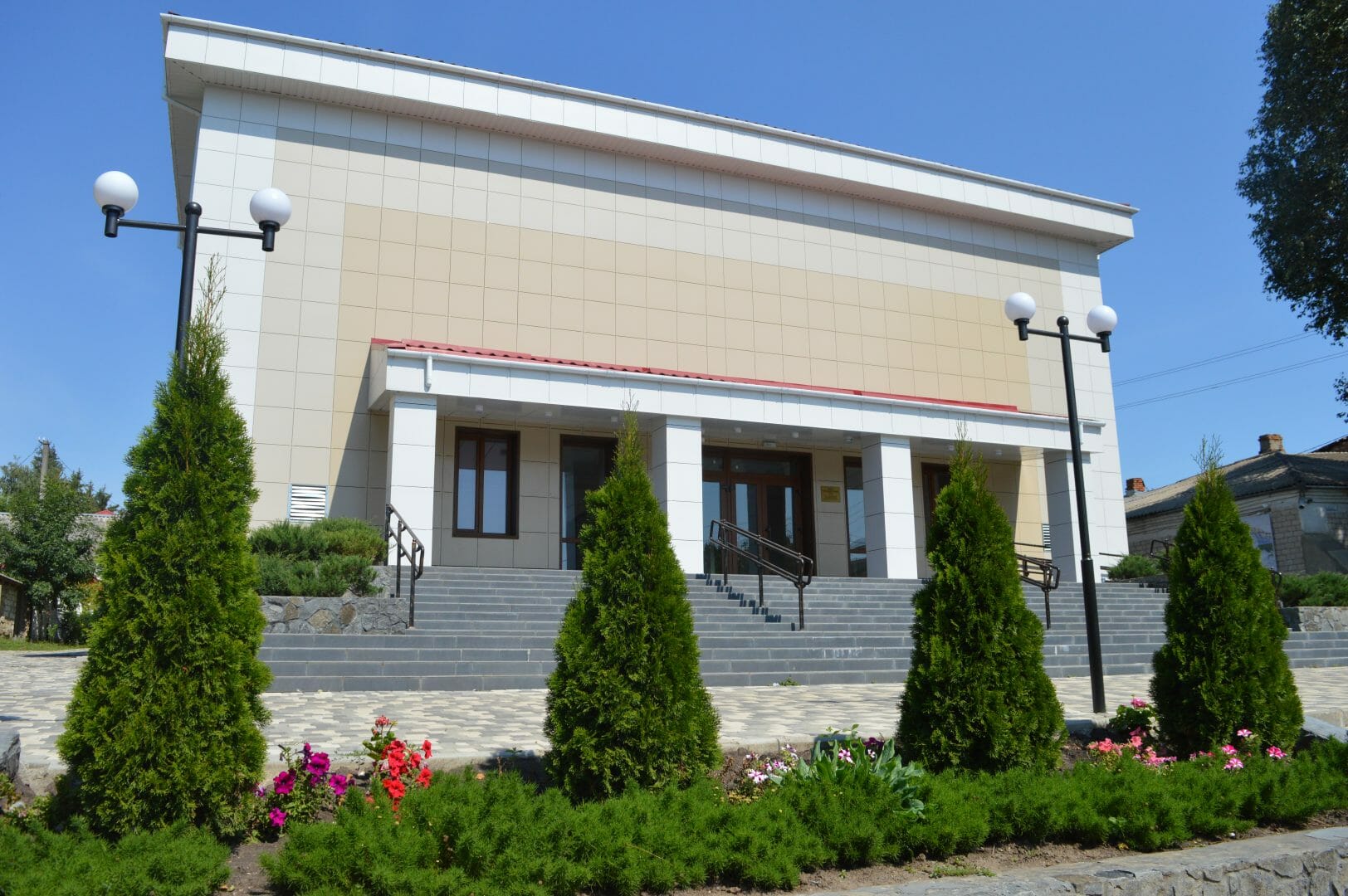
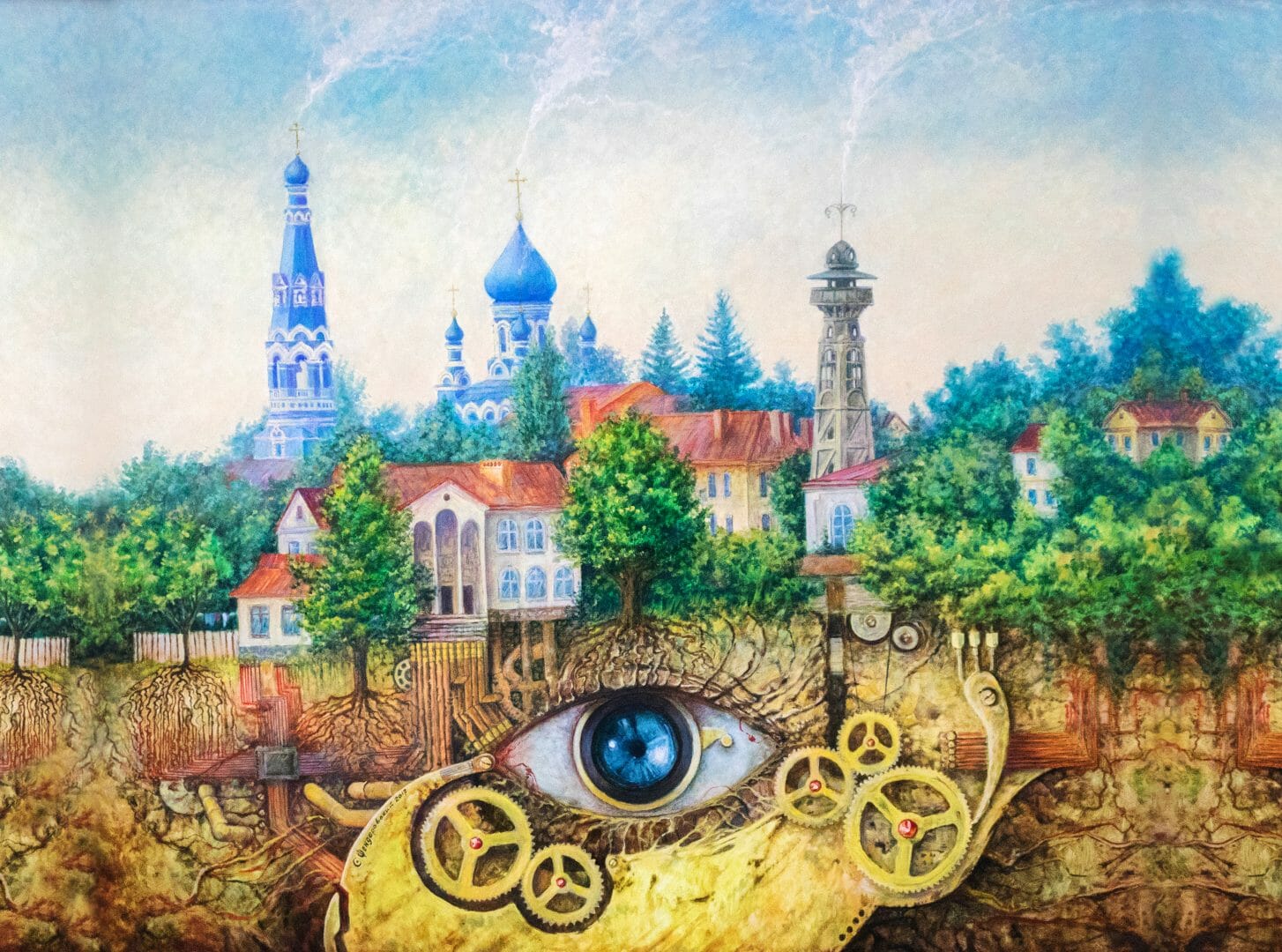
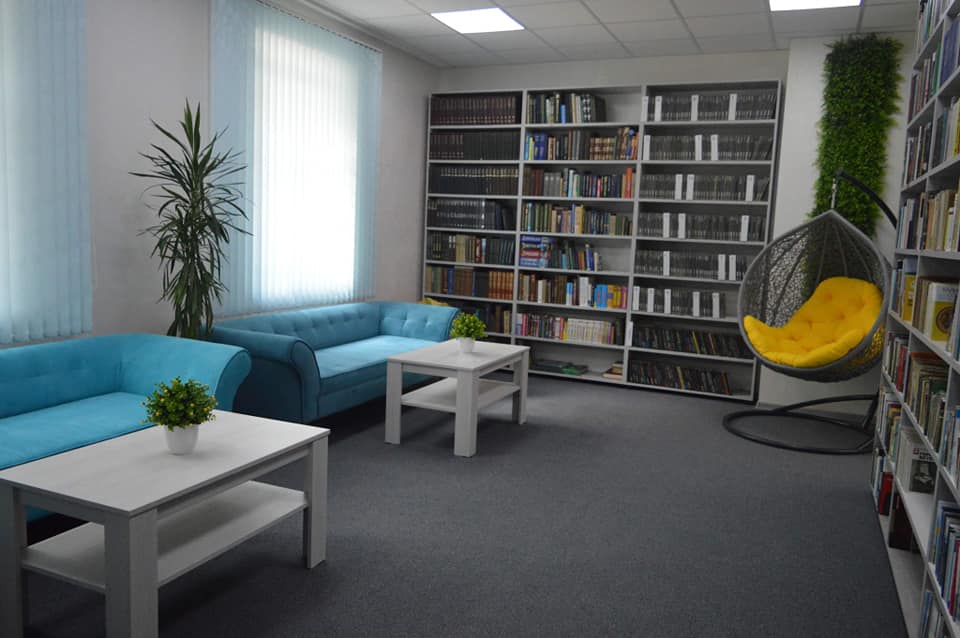
A Record
The Balta community set a Ukrainian record in the category “The longest table served with Ukrainian dishes”! They all together cooked, fried, baked and treated valuers to their dishes.
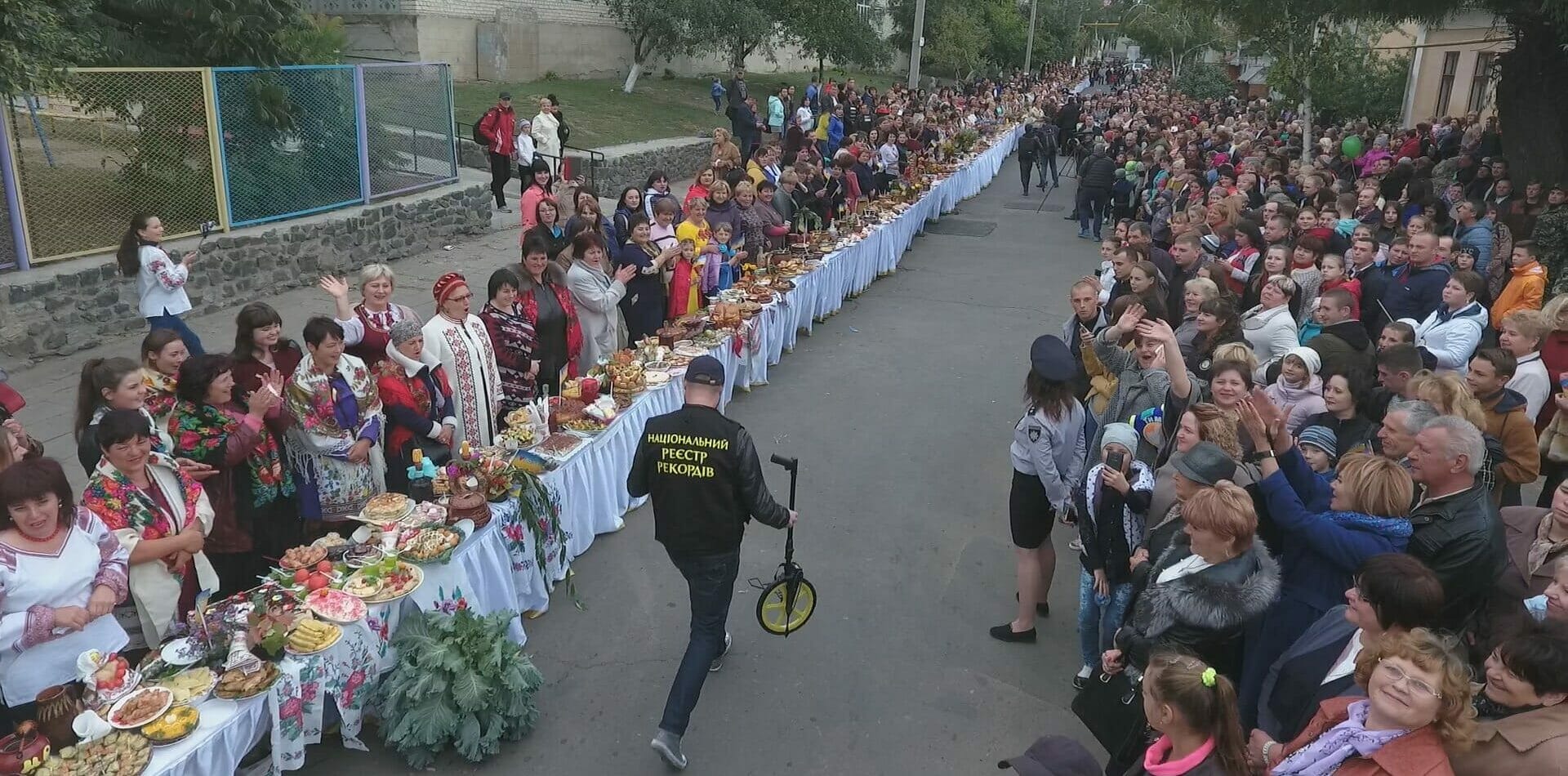
Community and War
Since the beginning of the Russian full-scale war, more than 1,000 inhabitants of Balta have been defending Ukraine in the ranks of the Ukrainian Armed Forces. The community actively supports its compatriots on the front line. During the war, it sent more than 75 cars and quadcopters to the front line. The community also sends medicine and food on a regular basis. Besides, it takes care of the wounded and families of fallen soldiers.
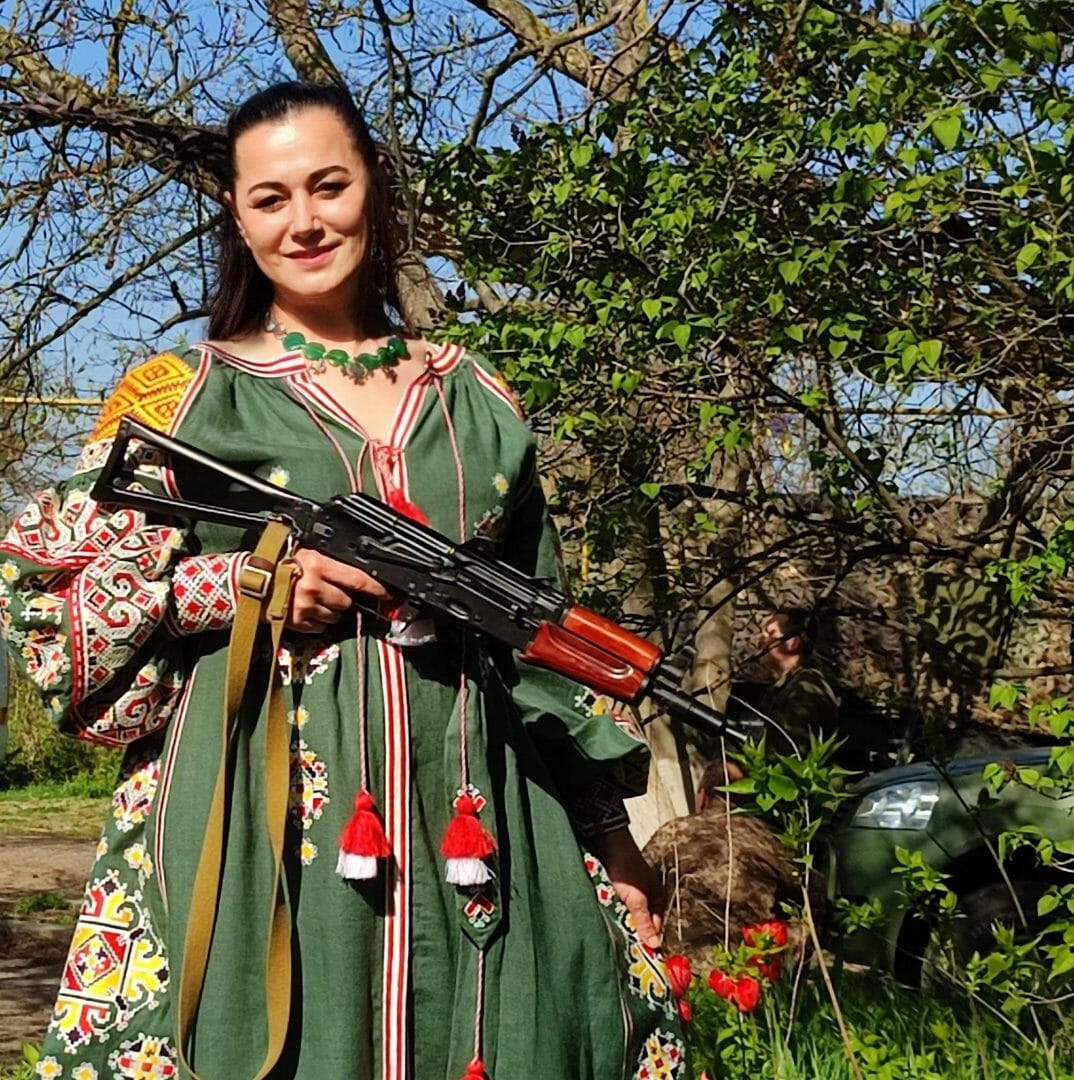
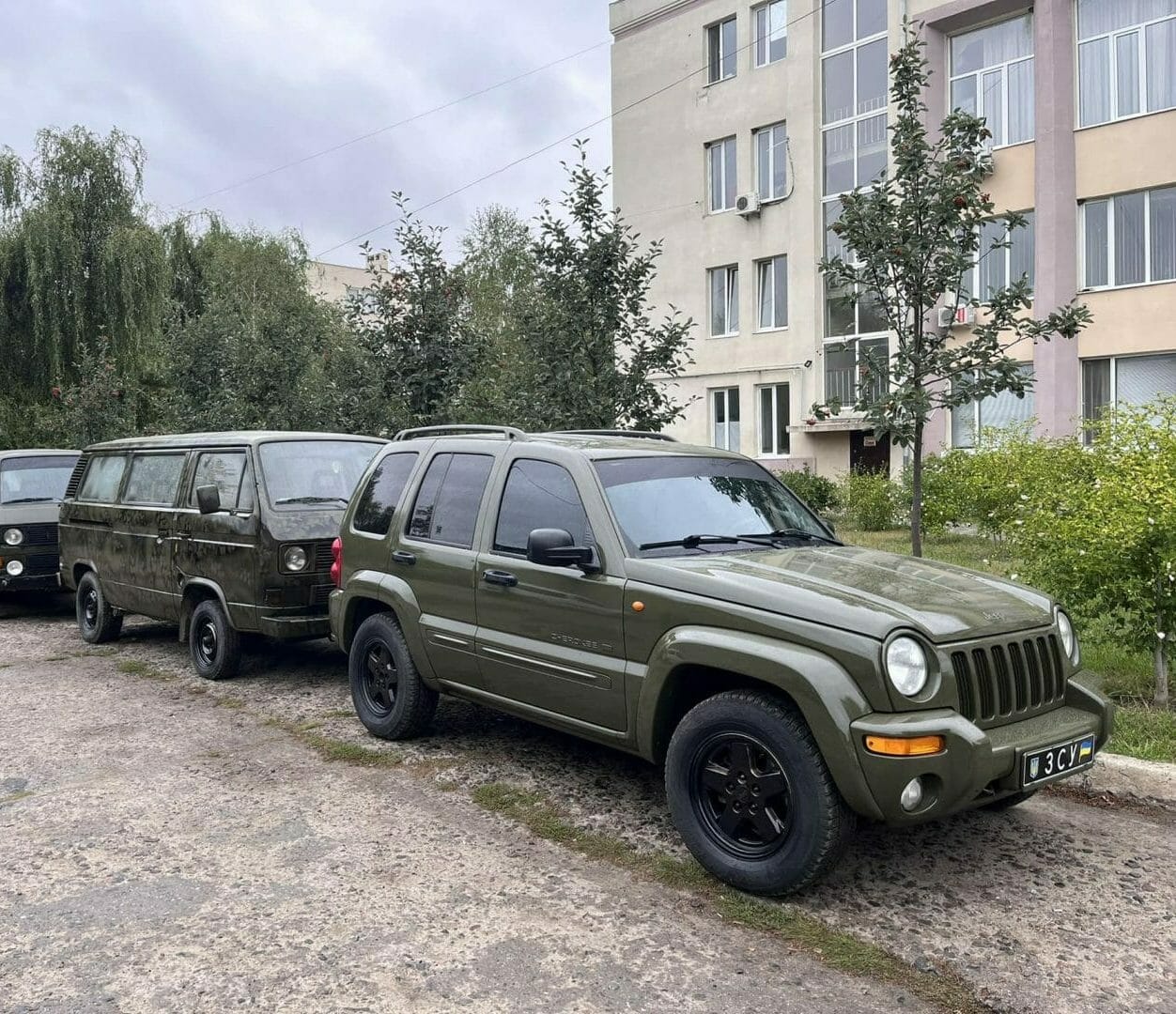
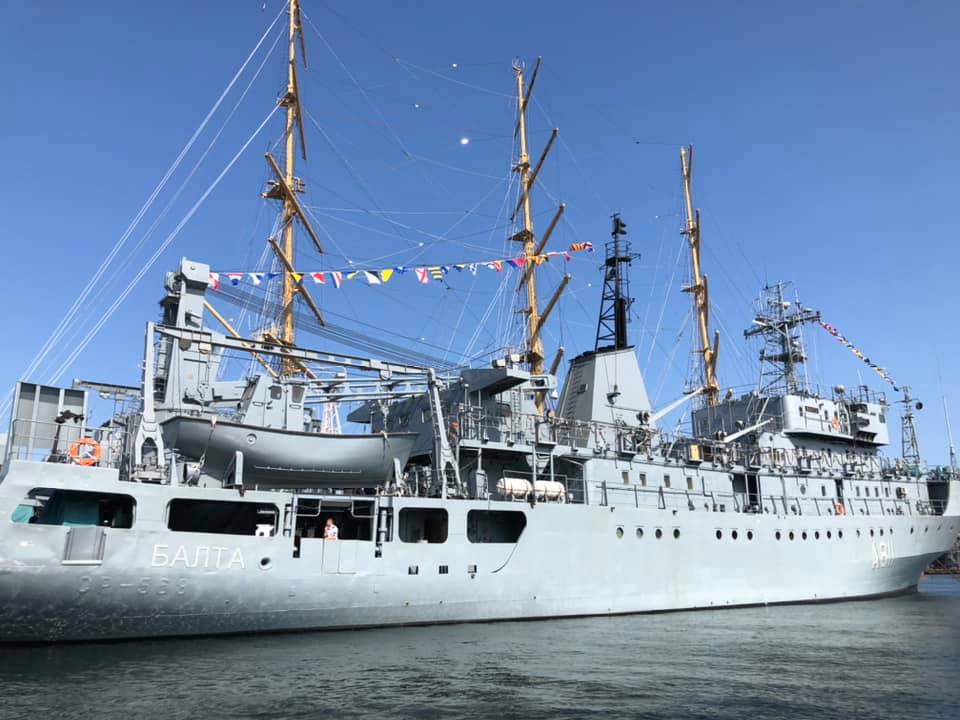
The community received more than 5,000 refugees from hot spots during the war. Internally displaced Ukrainians receive all necessary assistance here: clothing, food, medical and psychological support, help finding a job. Also, there is available municipal space for temporary lodging.
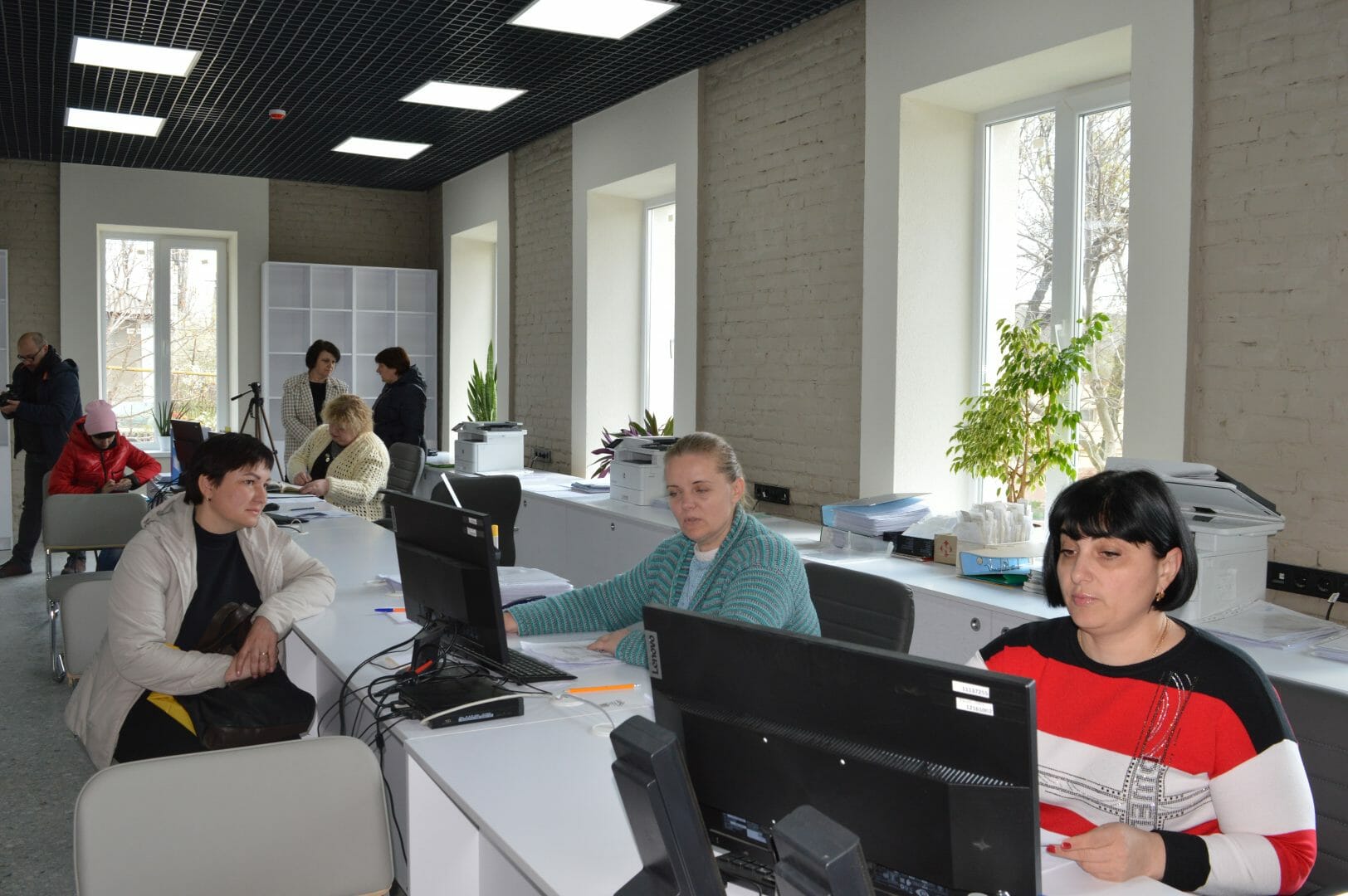
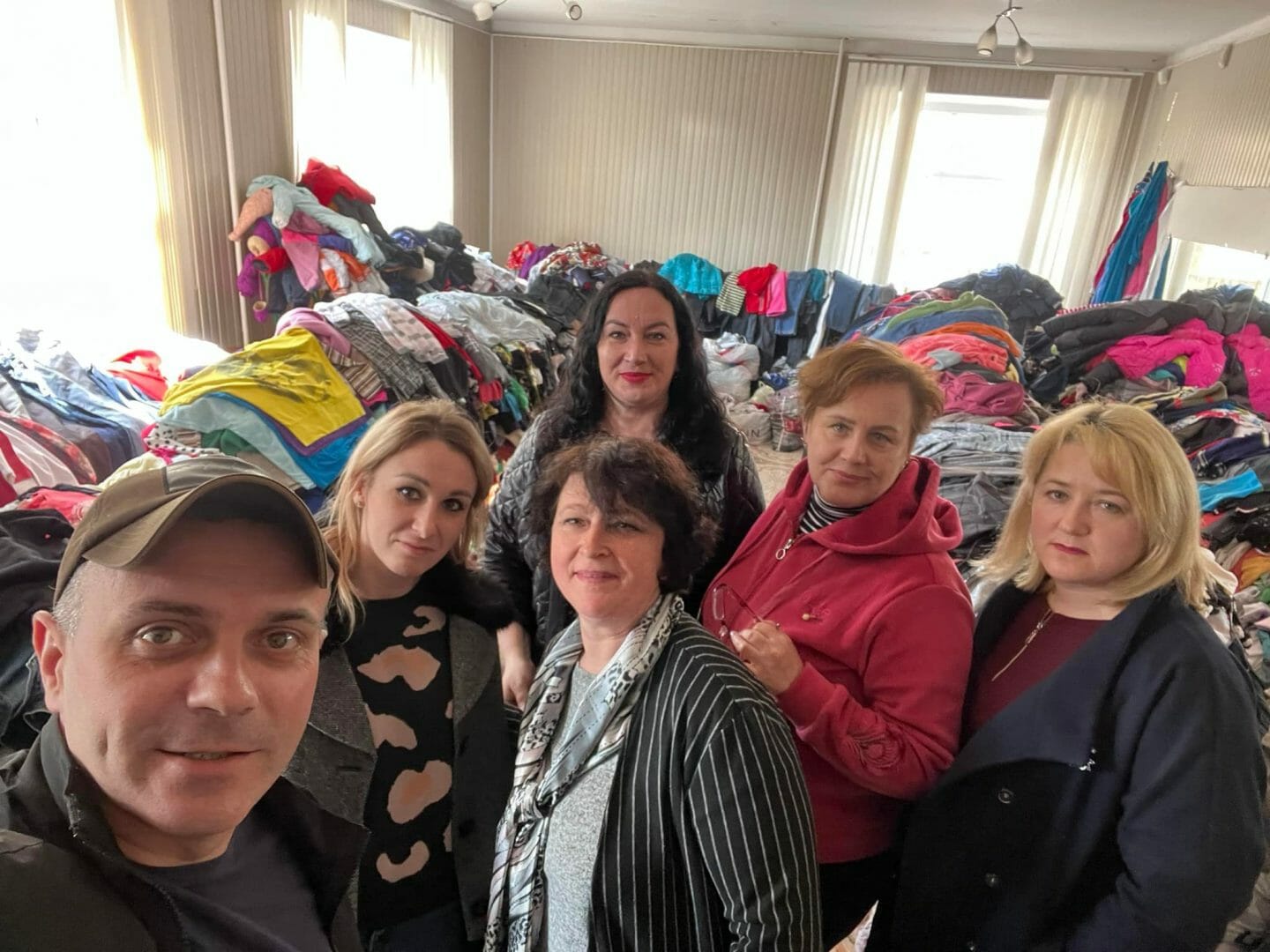
Mayor
Serhiy Mazur has been elected Mayor of Balta since 2010. For many years, in accordance with the Decree of the President of Ukraine, he has been the representative of Ukraine at the Congress of Local and Regional Authorities of the Council of Europe (Strasbourg).
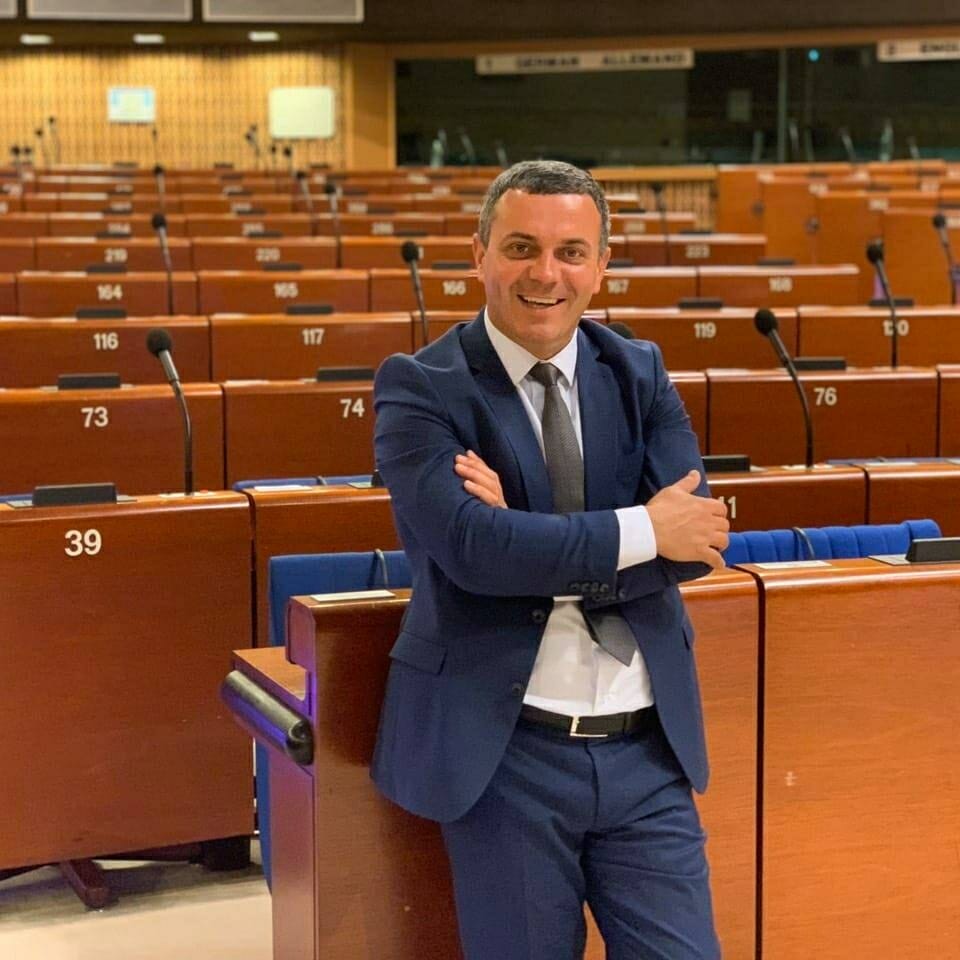
Vision of a Future
The Balta community plans to implement the following strategic goals after the end of the war:
- Improvement of the investment business climate in the community.
- Development of processing of agricultural products whose production is the predominant economic activity in the community.
- Improvement of the existing infrastructure in the settlements of the community.
- Development of the medical industry, increase in the number and quality of medical services.
- Development of mass and professional sports.
- Improvement of educational services, increase in their inclusion properties.
- Creation of an effective system of social protection of the population.
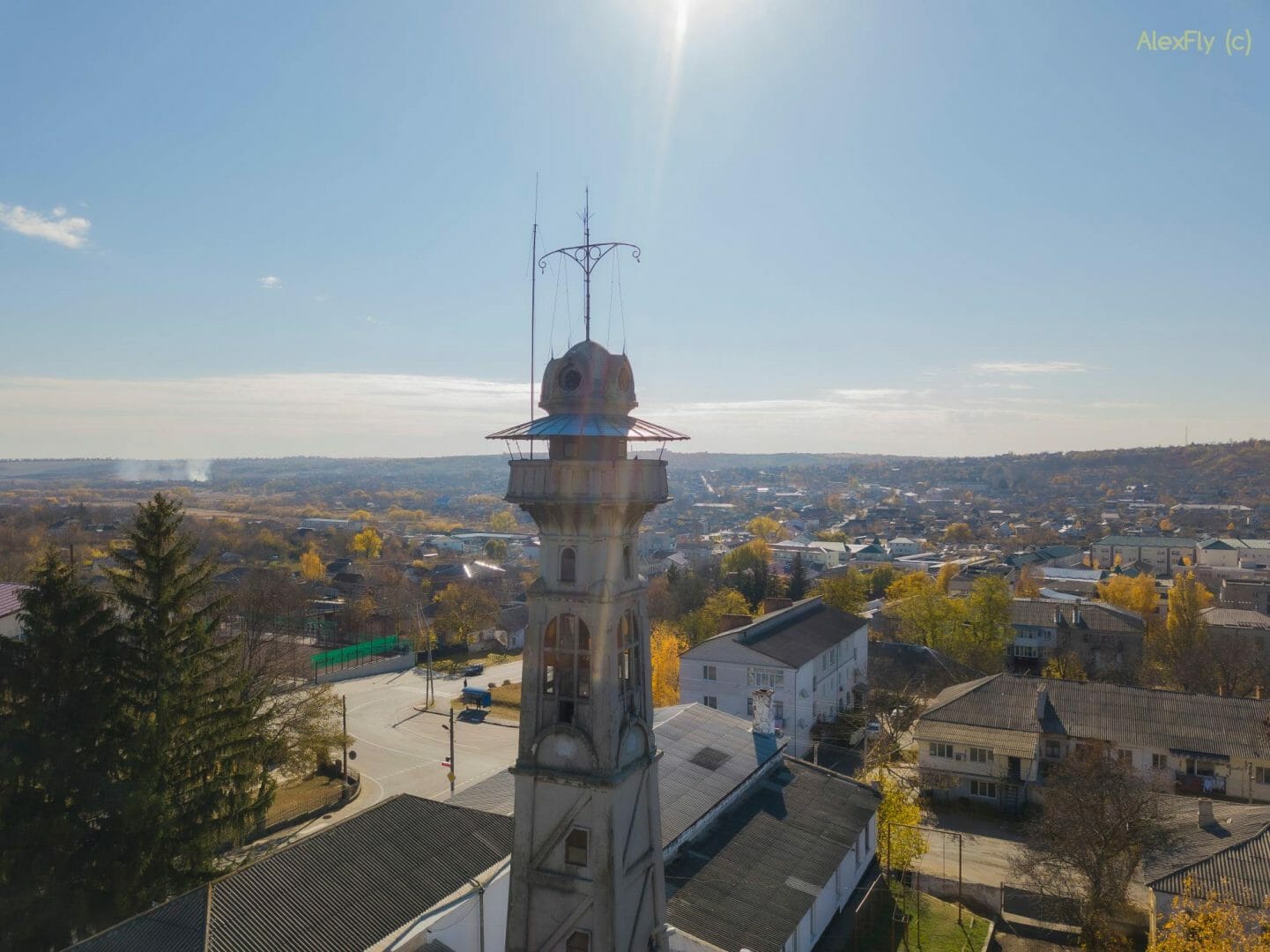
List of Sources
- Interviews and materials provided by the Balta Town Council
- Ukraine Incognit
- Website of the Balta Town City Council
- BALTA urban territorial COMMUNITY (public Fb group)
